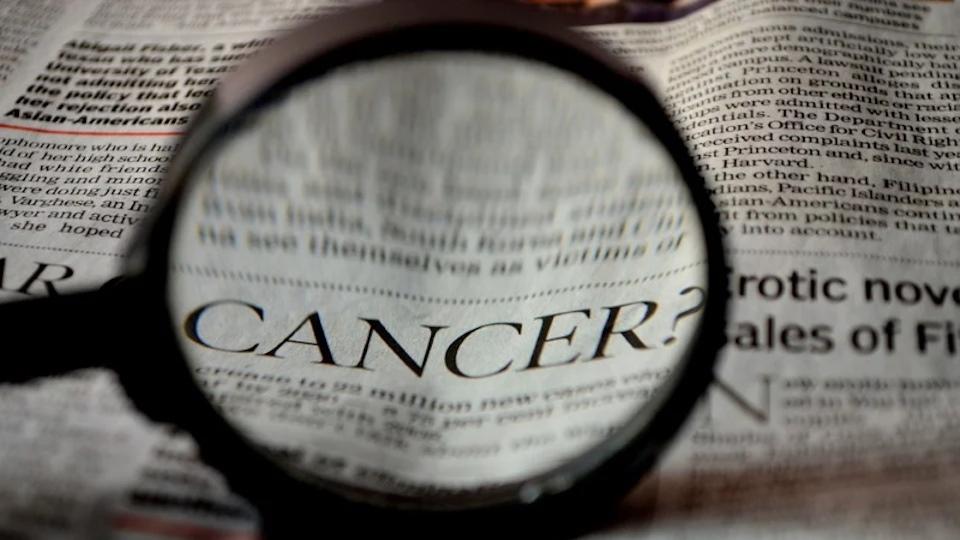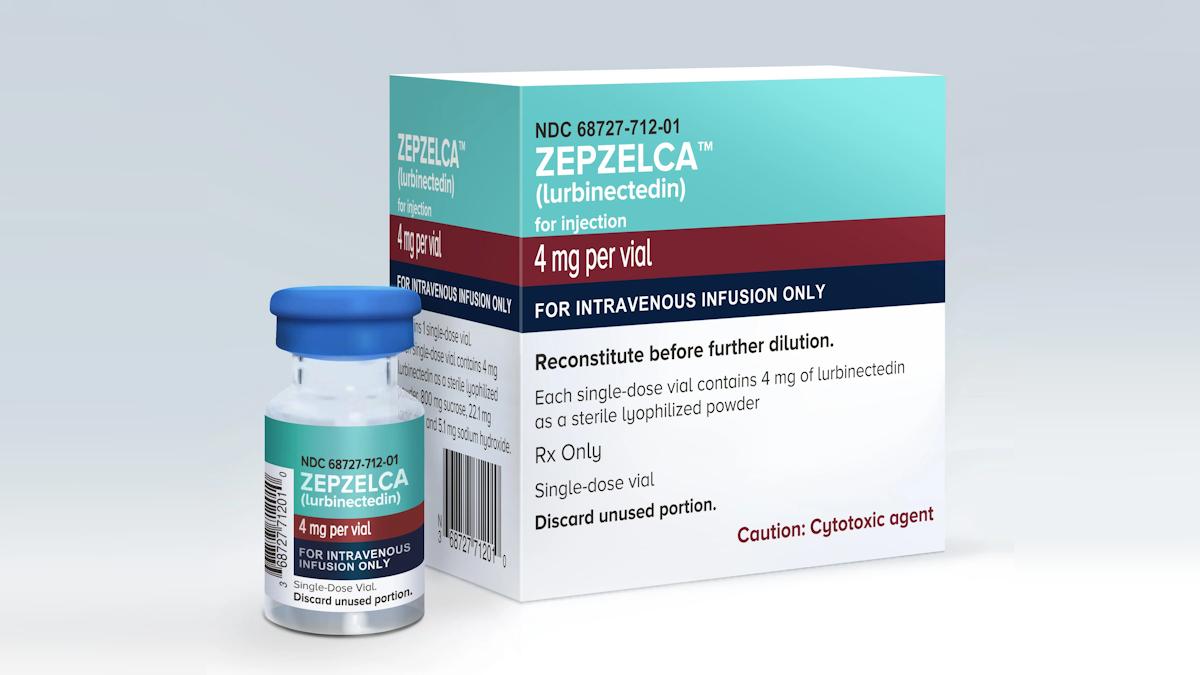WCLC: Bayer, Boehringer face off on HER2 cancers

Bayer and Boehringer Ingelheim both had new data on their HER2-targeting small-molecule drugs to present at the World Conference on Lung Cancer (WCLC), hoping to add new oral therapies to the limited options available to patients.
Boehringer's zongertinib and Bayer's BAY 2927088 are in phase 3 testing for advanced non-small cell lung cancer (NSCLC) with activating HER2 mutations, and the WCLC congress gave an opportunity to see how they match up in this indication.
Boehringer presented results from Cohort 1 of the Beamion LUNG-1 study, a phase 1b trial that is testing the drug in a basket of solid tumours with HER2 mutations in a first phase, and then focusing in on NSCLC in a second phase.
Zongertinib met its primary objective, with an objective response rate of 66.7% and a low rate (3%) of treatment discontinuations due to toxicity in the NSCLC group given the dose selected for the second phase (120 mg per day).
There was also preliminary evidence of efficacy in patients whose cancer had spread into the brain, with the drug shrinking tumours in 33% of patients, and preventing them from growing larger in another 41%, giving an overall disease control rate of 74%.
Boehringer recently started the phase 3 Beamion LUNG-2 trial comparing zongertinib 120 mg to standard of care as first-line treatment in patients with advanced NSCLC with activating HER2 mutations.
Bayer, meanwhile, presented results of the phase 1/2 SOHO-1 trial, also in pre-treated advanced NSCLC with activating HER2 mutations, reporting an objective response rate of 72.1%, including one complete response, and a 6.8% discontinuation rate. There were also signs of activity in patients with brain metastases.
The drugmaker recently started a phase 3 programme for BAY 2927088, called SOHO-2, which is also comparing the drug to standard treatment for advanced NSCLC with activating HER2 mutations.
At the moment, there is only one oral anti-HER2 drug on the market, Pfizer's Tukysa (tucatinib), although, that is only approved for HER2-positive breast and colorectal cancers. Another oral HER2 agent – Spectrum Pharma's poziotinib – was rejected by the FDA as a second-line treatment for NSCLC with HER2 exon 20 insertions – the most common mutation – in 2022.
The only other drugs used to treat HER2-positive NSCLC are AstraZeneca and Daiichi Sankyo's antibody-drug conjugate Enhertu (trastuzumab deruxtecan), which was approved by the FDA for this use in 2022, and Roche's ADC Kadcyla (trastuzumab emtansine), which is sometimes used off-label in this setting.
Between 2% and 4% of cases of NSCLC – the most common form of lung cancer, accounting for more than 85% of cases – are driven by HER2 mutations.












